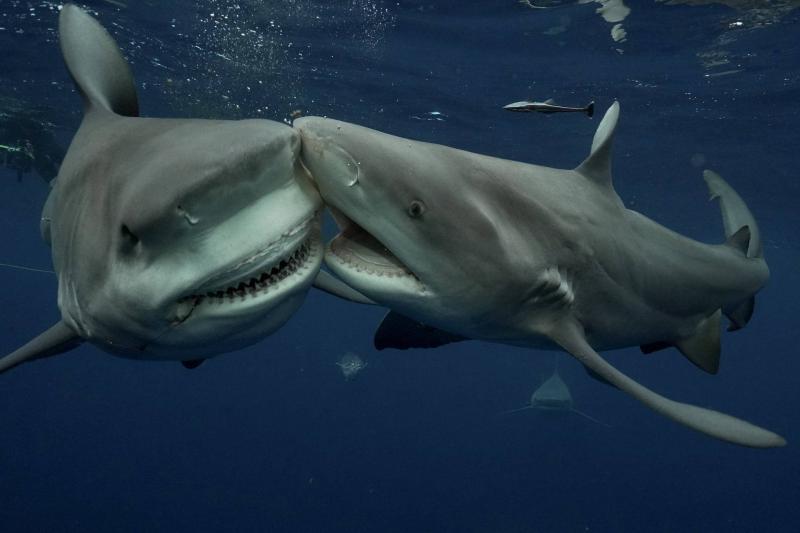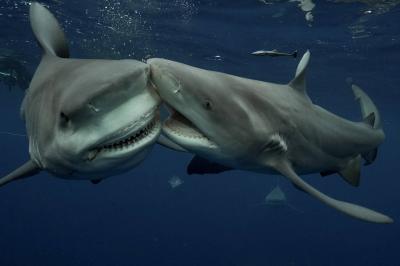A group of scientists revealed that tests conducted on sharks in the waters off the coast of Brazil confirmed the presence of cocaine in their bodies. Researchers have long discussed how marine life may be affected by drugs thrown into the waters by traffickers, with tons of cocaine being found in Florida and Central and South America.
A study by the Oswaldo Cruz Foundation in Brazil provided evidence suggesting that sharks are indeed affected by drugs polluting the ocean. Scientists dissected 13 Brazilian sharp-nosed sharks that were purchased from small fishing boats, as these species spend their entire lives in coastal waters and are therefore more susceptible to pollution.
The scientists found that all 13 sharks tested positive for the drug. This study marks the first investigation to discover cocaine in sharks, indicating that the substance was more prevalent in the muscle tissue than in the sharks' livers. However, the study noted that the research field is "extremely limited" and that the effects of cocaine on marine life are not fully understood.




